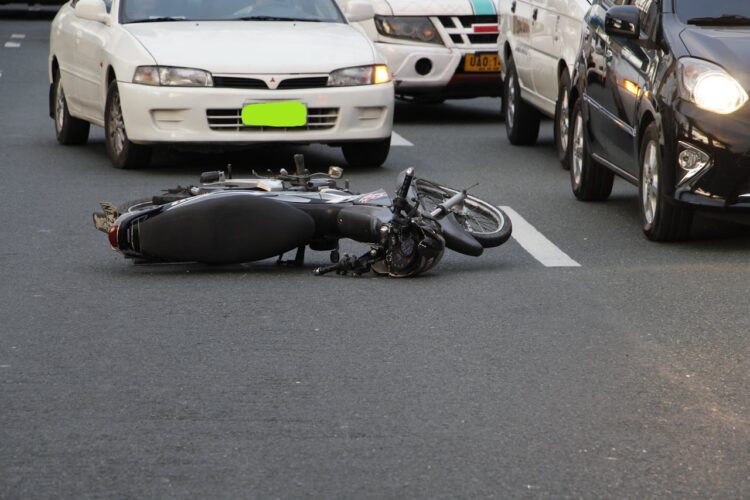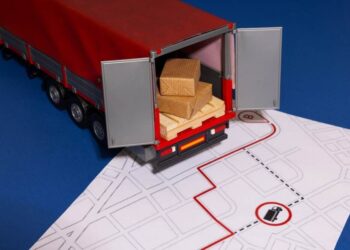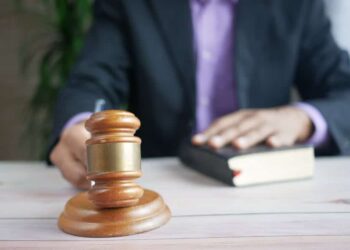Personal injury legal claims in Florida typically arise because someone allegedly harmed another person, legally referred to as the plaintiff. The plaintiff then makes a claim stating that they have sustained an injury due to the negligence of the other party (the defendant). If the plaintiff wins the case against the defendant, they may get an award in the form of monetary damages. However, between the time the plaintiff files the claim and wins the case, certain essential steps must have been taken. This article discusses bike accidents, negligence, and personal injury claims in Florida and what to do to seek justice.
Negligence Personal Injury Claims Explained
Under Florida personal injury law, a negligence personal injury claim is one where one person claims to have been injured by another. Usually, the injured party or the plaintiff claims the at-fault party, the defendant, breached a duty of care. What is characterized as the duty of care will depend largely on the specifics of each unique case. Generally, a defendant is legally bound to exercise a duty of care that any other person would under the same circumstances. For example, in auto personal injury cases, all motorists owe other road users, including motorists and pedestrians, the duty of care to drive responsibly. If they fail to do so, the law will likely consider them to have violated their duty of care. Meanwhile, if a defendant breaches their duty of care, it results in an injury where the other person suffers damages. Then, Florida’s personal injury law says the defendant has committed a personal injury through negligence.
What to Do After a Bike Accident
“If you have been involved and injured in a bike accident in Florida, you may be eligible to receive a damages award,” says personal injury attorney Mitchell Feldman of Feldman Legal Group. To do that, here are the important things to do following the accident:
● Get Copies of Insurance Policies
Even before an auto accident happens, everyone should keep a copy of their insurance policy handy. This way, if an auto accident happens, you have something that can cover you until you are compensated for your damages.
● Inform the Police
Informing the police after a bicycle accident is vital, as they will write a report, which can be crucial evidence in your case. Also, the police can provide emergency care for the injured party who requires transport and medical care.
● Take Photos of the Scene
Pictures and videos of the accident scene and property damage are vital pieces of evidence in a personal injury case. Therefore, endeavor to take pictures of the accident scene and other important details, like the injuries of anyone harmed.
● Get Treatment
Go to the hospital as soon as possible to get yourself treated, whether or not you feel any pain. Then, keep copies of all the medical appointments and expenses resulting from the accident to use as evidence later.
What if You’re Partly at Fault?
Florida follows the system of “comparative negligence.” Basically, if you’re partly responsible for the accident, your compensation gets reduced. Say you’re 30% at fault—you’ll only get 70% of the payout. That can seriously cut into your money. Insurance companies know this and might even try to blame you so that they can pay less. A lawyer can push back and make sure the blame isn’t unfairly placed on you.
Conclusion
Bicycle accidents occur when a motorist hits an individual on a bicycle, resulting in the cyclist or property damage. Also, a bicycle accident can occur when a cyclist hits another cyclist or a pedestrian. When a bicycle accident happens, the first course of action is to determine the party at fault, and the next is to gather relevant evidence. Determining fault after a bicycle accident is essential because they will be liable for the damages to the injured party. After determining the fault, the injured party will file a claim with the defendant’s insurance company for financial retribution. Meanwhile, if the at-fault party is discovered to have been driving under the influence, they are generally always at fault for the accident.










